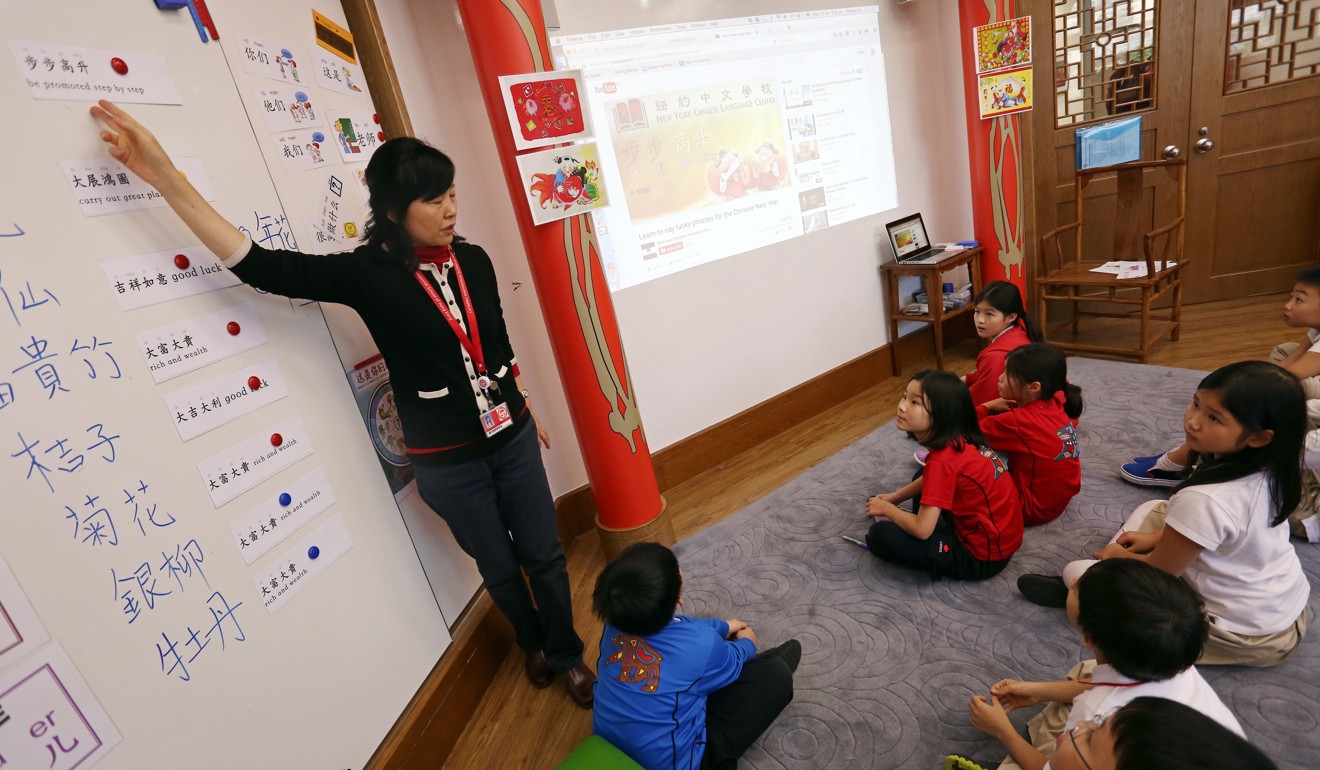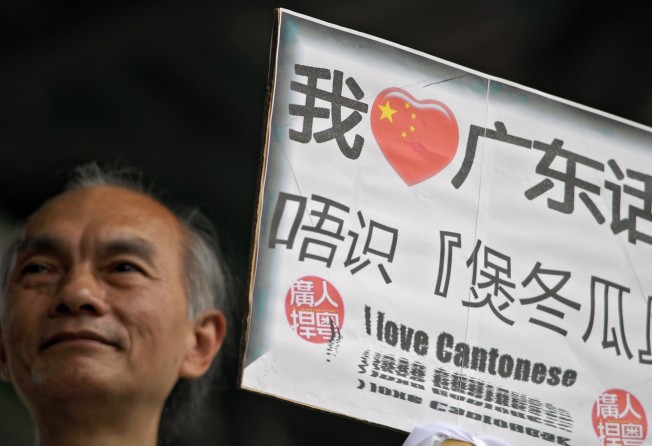
Hong Kong’s Cantonese speakers have long had to code switch, but is that a disadvantage?
For Cantonese speakers, writing and reading Modern Standard Chinese requires additional effort

Hong Kong’s education chief Kevin Yeung Yun-hung recently got flak for asserting the obvious: “the future development of Chinese language learning across the globe will rely mainly on Mandarin”, before wondering aloud whether Hongkongers, most of whom learn Chinese in Cantonese, would be disadvantaged.
Yeung should know to exercise greater care when making such statements in the political tinderbox that is present-day Hong Kong, where any real or imagined threat to Cantonese, the mother tongue and key cultural marker of the Hong Kong identity, sparks firestorms that are both unnecessary and unproductive.
In school, I learned Chinese in Mandarin, the language that is closest – or many would say equivalent – to Modern Standard Chinese. Reading a standard Chinese text in Mandarin sounds “natural”. Not so for people whose mother tongue is Cantonese (or any other Chinese dialect). Reading the same text in Cantonese sounds stilted and artificial.
The most obvious difference concerns vocabulary. Many words in Modern Standard Chinese are simply not used by Cantonese speakers, who have their own expressions to represent the same ideas and objects. Consider the commonly used pronoun “they”. Cantonese speakers would say “kui-dei” and write it as “佢哋”. However, the written form would be inadmissible in Modern Standard Chinese. Most non-Cantonese speakers would not even know how to pronounce the characters, let alone understand what they mean.
Writing in standard Chinese, and to make themselves understood by all Chinese speakers, Hongkongers must therefore use the Modern Standard Chinese word for “they” – “他們”, pronounced in Cantonese as “ta-moon”, a word that they would almost never use in conversation.

Therefore, a concept or object that Hongkongers ordinarily know by one particular word would be written and read very differently in Modern Standard Chinese. There are numerous such “dissonant pairs”, many of which are common words describing everyday things, such as “to give” (bei in spoken Cantonese, kup in written or read Cantonese), “to say” (wa/shuet), “to wear clothes” (zoek-saam/chuen yi-fook), even the word “thing” (yeh/tung-sai).
For Cantonese speakers, writing and reading Modern Standard Chinese requires additional effort to “translate” words that they are familiar with into completely different words that they don’t actually use in their daily lives. Mandarin speakers don’t have to do this because Mandarin and Modern Standard Chinese are practically identical. Hence, Yeung’s concern about Hongkongers being at a disadvantage.
Given China’s sheer size, and ethnic and linguistic diversity, a standardised common tongue has always been necessary. In the centuries before the founding of the Chinese empire in 221BC, the myriad feudal states conducted official business and inter-state diplomacy using Yayan or “standard speech”, a language spoken in the Zhou dynasty royal capital, in present-day Henan.
Yayan continued to be spoken in the imperial era, with a standardised written form,but by the Mongol Yuan dynasty (1271-1368), the Chinese language spoken in the then capital (present-day Beijing) was made the common tongue of the empire. The subsequent Ming dynasty used the language of the original capital Nanjing, but the Manchu Qing dynasty that followed once again decreed the use of the “speech used by mandarins in Beijing” as the common language.
The Republican government inherited the “Mandarin” language, as did the current government, which designated it “Putonghua”, the “common speech”. Cantonese and other regional tongues have remained peripheral in China, though the numbers of their users could be significant.
As someone who can code switch between Singlish and English, I know what it’s like to juggle between “non-standard” and “standard” languages. I’m sure most Cantonese-speaking Hongkongers have long done the same, and will continue to do so.